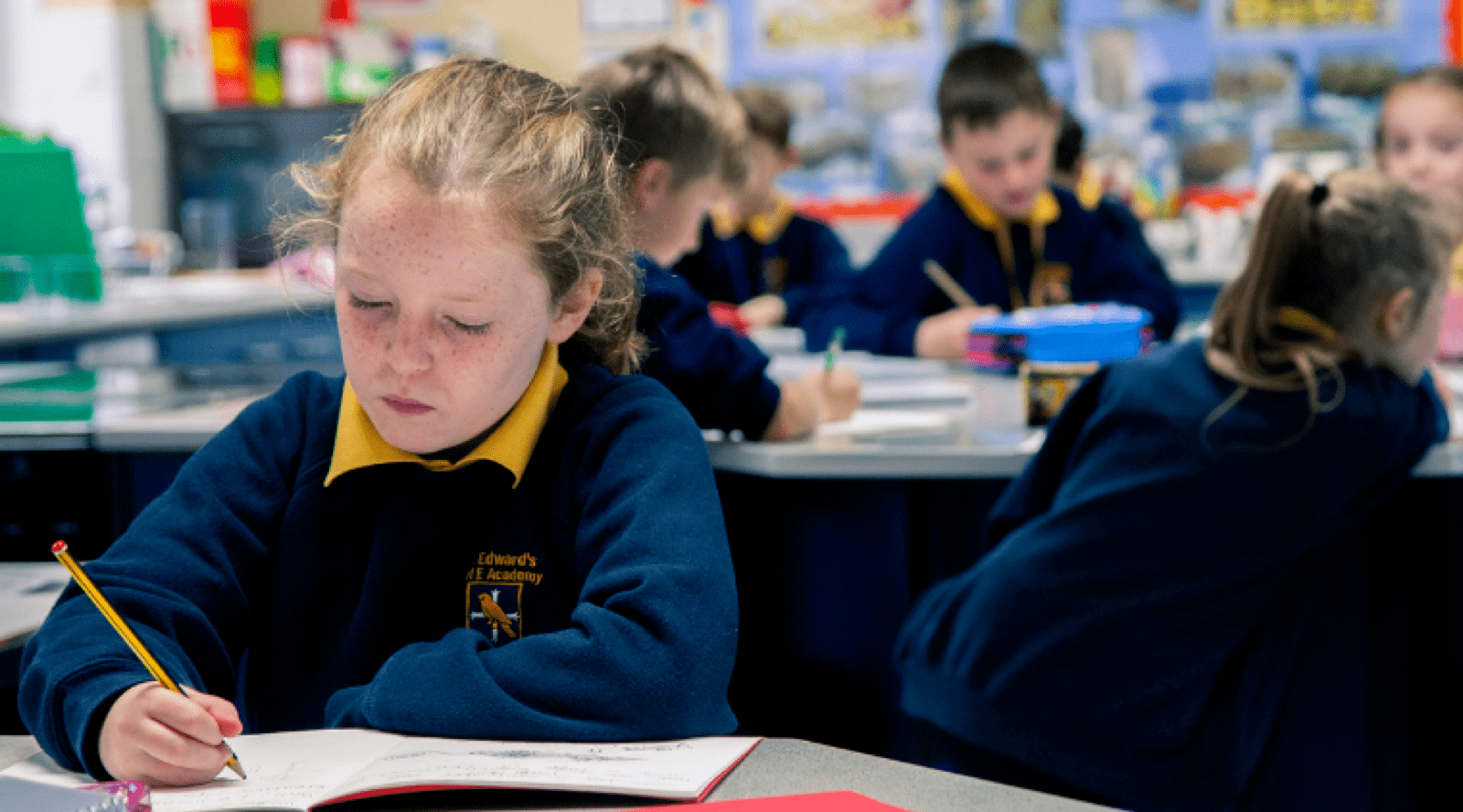Over the last few years, positive wellbeing and mental health of pupils has been increasingly recognised as vitally important in ensuring high attainment and preventing disengagement. With some pupils their discontent is clear – some shout it from the rooftops (sometimes literally) and others demonstrate quite obvious anxieties that raise alarm bells and cause schools to immediately respond to support their needs. But other pupils are not so obvious.
The pupil voice
A pupil who comes to school every day, is well behaved, quiet but not overly so, keen to please and appears to be trying their best would understandably not cause concern for a teacher who has 30 pupils to worry about. This pupil may be the ‘invisible child’; possibly a ticking time bomb with issues they do not verbalise in school but may surface in some way, negatively affecting all who are in the vicinity at the time.
A school’s priority needs to be to listen to their pupils. Pupil voice has also become increasingly emphasised over the last few years but it is not necessarily the pupil whose voice is always heard that is the pupil that actually needs to be heard. The PASS (Pupil Attitudes to Self and School) survey enables school staff to ‘listen’ to their pupils. The information and analysis produced by GL Assessment following the completion of the assessment by the pupils has enabled staff in Gabalfa Primary to identify the most vulnerable pupils. Many of these pupils were already known to us and we are comforted to see that we have already put support in place to cater for these pupils’ needs. However, it is the ‘invisible’ children that PASS identifies that makes the main difference.
In Gabalfa Primary School in Cardiff, we have a wide range of support mechanisms for pupils, staff and parents:
- Place2Be offers one-to-one and group counselling with a trained counsellor (short and long-term), tailored to each pupil's needs
- The Nurture group run by trained HLTAs uses Attachment Theory Principles to develop social skills and emotional awareness
- Our highly trained ELSA (Emotional Literacy Support Assistant) works with individuals or small groups to target specific areas of need to proactively reduce future difficulties
- Lego Therapy develops social and communications skills, encouraging pupils to talk together in a positive way, and Action for Children supports families in the community.
All this support costs the school money and is financed predominantly by the Pupil Development Grant. Understandably, it is of vital importance to ensure the support is focused and provides utmost impact. PASS analysis enables school staff to refer pupils appropriately, offering support for specific needs and providing evidence of impact on pupil attainment and wellbeing.
Our success stories are many. An example includes a well behaved, cheerful Year 6 girl who was slightly underachieving but not to the point of being a major concern. Following the completion of PASS, analysis highlighted her as a possible vulnerable pupil with low self-regard as a learner and a poor attitude towards school. Armed with a greater understanding of this pupil’s feelings, support could be offered to build her self-esteem and develop a more positive attitude towards school. This pupil achieved her ambitious targets at the end of Key Stage 2, and entered secondary school with increased confidence receiving an attendance award in her first year.
Schools are often over-burdened with a huge amount of numerical data providing delight to those who ‘love a good spreadsheet’ and terror to others. We must remember that pupils are not algorithms, performing formulaically because of their ethnicity or social background. The PASS survey recognises this and will continue to be a vital tool in supporting pupil wellbeing in Gabalfa Primary for years to come.
This article was published in the Western Mail on 11/1/18

